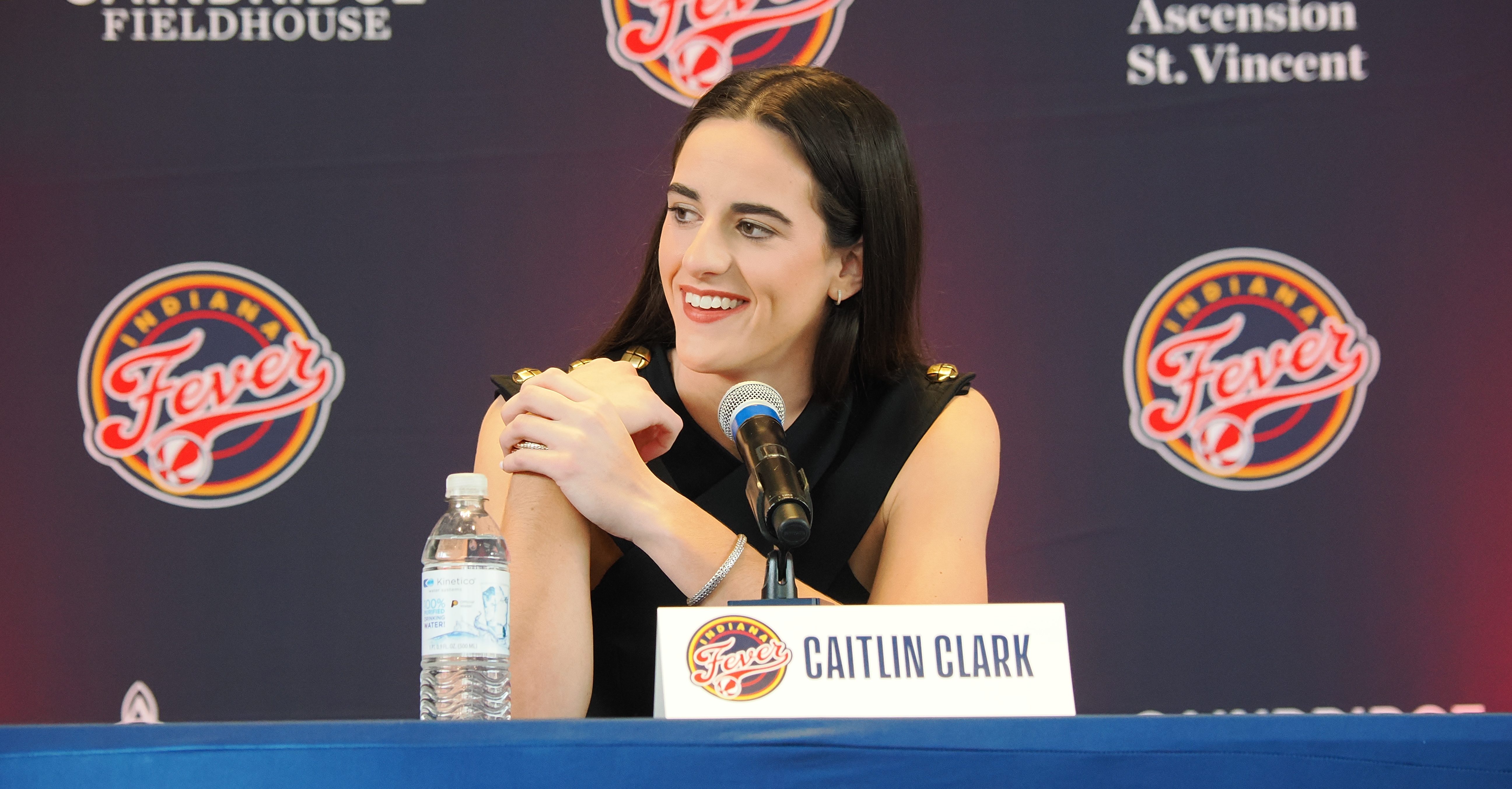The Los Angeles County coroner's office is investigating the apparent suicide of Hideki Irabu, the former Yankees pitcher who was found dead in his home in a wealthy suburb.
An autopsy is planned for this morning, coroner's Lt. Brian Elias said.
Irabu, 42, joined the Yankees 14 years ago in a swell of international excitement. The hard-throwing right-hander with a 98-mph fastball was billed as the Japanese version of Nolan Ryan and seemed destined to become a pioneering star for American baseball's marquee franchise.
"He was a world-class pitcher," said former major league manager Bobby Valentine, who managed Irabu in Japan in 1995. "When Nolan Ryan saw him, he said he had never seen anything like it. There were just some days when he was as good a pitcher as I had ever seen. A fabulous arm."
After an impressive debut with the Yankees that summer, he was a disappointment to the Yankees and himself during three seasons in the Bronx. Instead, he was forever tagged with a label from late Yankees owner George Steinbrenner, who called him a "fat ... toad" after Irabu failed to cover first base during an exhibition game.
Irabu finished 34-35 with a 5.15 ERA in his tenure with the Yankees, two years in Montreal and a final season in the Texas bullpen in 2002. He was a member of two Yankees teams that won the World Series, but his only postseason action was a single relief appearance in the 1999 AL championship series when Boston tagged him for 13 hits.
Irabu pitched in an American independent league and signed with a Japanese team in recent years while living with his family in Southern California. Neighbors believe Irabu had grown despondent recently because of a split with his wife.
Sports
Mary Feuerlicht said she was about to go pick up her son on Wednesday morning when a man came running down the driveway from Irabu's large two-story home, perched atop a hill with views of the harbor and downtown Los Angeles, pleading with her to call police.
Feuerlicht said she was later told by sheriff's deputies and the man who asked her for help that Irabu's wife had left him, taking their two young daughters. She hadn't seen Irabu's wife and children for two months, but said the family regularly left town for the summer.
"When I saw him for the past month or so he seemed kind of down," she said. "He wasn't kind of perky like I've seen him before."
Ichiro Sakashita, who identified himself as Irabu's friend, said Irabu wanted to become a baseball coach and stay involved with the sport after his retirement, but ultimately decided to spend time with his family.
Sakashita said Irabu and his wife had been separated for about a month.
"He decided to go to heaven," he said. "So we must accept that."
Irabu's death is the second apparent suicide by a sports figure this week. Police say American Olympic freestyle skier Jeret "Speedy" Peterson shot himself in a Utah canyon on Monday.
Irabu was one of several pitchers from Japan who hoped to duplicate Hideo Nomo's trailblazing achievements in the major leagues. Irabu also was a curiosity — he taped magnets all over his body when he pitched, hoping they would bring wellness.
Although Irabu largely struggled in the majors, he left a lasting legacy. Several big stars, from Ichiro Suzuki to Hideki Matsui, followed Nomo and Irabu from Japan to the United States.
"He was one of the pioneers," Valentine said. "There was a lot riding on his shoulders."
Irabu starred in Japan for nearly a decade before the San Diego Padres purchased his contract from the Chiba Lotte Marines. But Irabu declined to join the Padres, insisting he would only play for the Yankees.
The Yankees put together a package and traded for Irabu a few months later and signed him to a four-year, $12.8 million contract.
"We are deeply saddened to learn of the passing of Hideki Irabu," the Yankees said in a statement. "Every player that wears the Pinstripes is forever a part of the Yankees family, and his death is felt throughout our organization."
Irabu also had off-the-field trouble in recent years.
In August 2008, he was arrested in Japan for allegedly assaulting a bartender after drinking 20 mugs of beer. Police said he became angered after his credit card was rejected.
In May 2010, Irabu was arrested on suspicion of driving under the influence of alcohol in Gardena, another Los Angeles suburb. Police said he was stopped after his car drifted outside of traffic lanes and he nearly collided with a parked car.
He posted $5,000 bail but it was not immediately clear whether he was criminally charged.
"I think that he was one of his own worst enemies," Valentine said.



